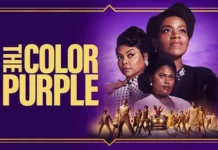Victoria Tischler, a lecturer in psychology at University of the Arts London, writes in The Conversation about a growing interest among galleries and collectors in art that was made by people who’ve been diagnosed with mental illnesses or other psychological “outsiders.”
“The art created by outsiders reveals illuminating truths about what it is to be human,” writes Tischler. “The work is real and pure – and has a depth that contrasts with the often contrived offerings of conventionally trained artists. It shows us what we dare not think, let alone speak. The artists tell seemingly bizarre stories, translate hallucinatory experiences, or depict imaginary and fantastical worlds which trace painful personal trajectories. They reveal the psyche; our dreams, our nightmares, the afterlife. The art is unknowing yet visionary. The artists do not subscribe to standard art-school criteria – and this is what separates them from the mainstream.”
Outsider art can refashion how we think about mental illness (The Conversation, January 20, 2015)














